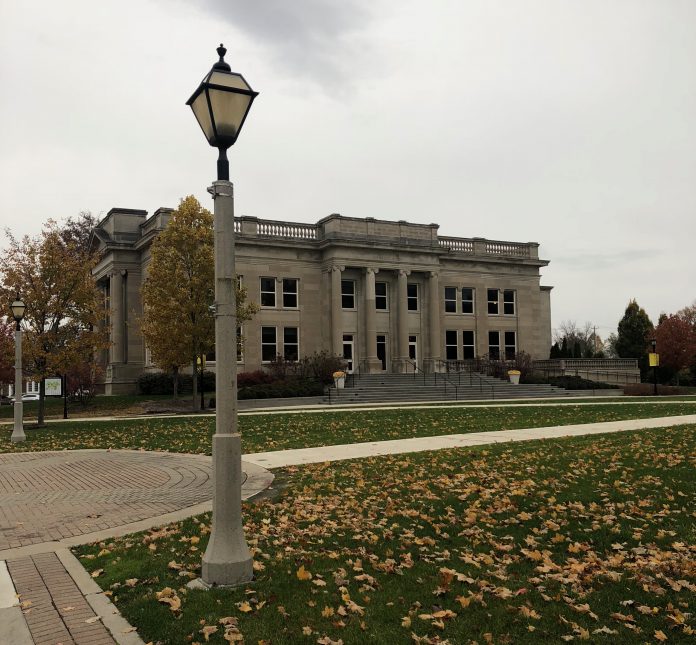
DePauw University’s consistent increase in tuition, fees, and room and board will be seen again in the next academic year, as the Board of Trustees recently approved a 2.9 percent increase for 2020.
According to College Tuition Compare, DePauw’s tuition has increased to $62,724 for the 2018-19 academic year from $55,896 in 2015 and $46,135 in 2010.
President Mark McCoy shares that the administration made efforts to avoid the upcoming increase in tuition, fees, and room and board, but the amount they decided upon was a necessary step in supporting all of DePauw’s endeavours.
“For us to get to a sustainable DePauw we have to be able to control tuition increases. Unfortunately at this time we are trying to take on first-year residence halls, support all our faculty and staff, and continue to navigate in the financially challenged world of our education. We tried every way around it, but 2.9 percent was the number,” said McCoy.
McCoy emphasizes that although there will be a 2.9 percent increase in tuition, fees, and room and board, the manner in which that price affects students is varied due to the University’s endowment.
“The thing that I’m constantly trying to remind people is that even if you paid the full price of our tuition, you wouldn’t pay the full cost of our education,” he said. “Let’s say that it costs $10 to get this product, but it costs $15 to make it. That’s the challenge of a private education. That’s why we have to have a big endowment. The draw from the endowment makes up the difference between what students pay and what it really costs to get that education.”
Bob Leonard, vice president for finance and administration, shares that the 2.9 percent increase will affect students on more of an individual basis versus a general set number.
“The 2.9 percent sticker price increase applies to all students, meaning the gross price is the same for all. The net price after aid is determined on a student-by-student basis, taking into account effective family contribution, merit, etc. Accordingly, some students may not see an actual price increase from year to year,” said Leonard.
“We do provide over $60 million in financial aid for students, so 60 percent of that sticker price is being covered by DePauw, which is really high compared to most other schools,” he said.
Leonard also said that DePauw is not unique with its efforts to increase tuition in comparison to partner colleges and universities similar to DePauw.
“We’re not an outlier here, if you look at our peer schools like the GLCA (Great Lakes College Association) and the ACM (Associated Colleges of the Midwest), their average for the past fiscal year was 3.5 percent, so at a 2.9 percent increase we pay attention to that as well. That’s basically competitive pricing,” said Leonard.
According to both Leonard and McCoy, the tuition, fees, room, and board changes contribute to the success of the “student focused” mindset of DePauw, ability to have well functioning food and facility services, and small classroom ratios between students and faculty and staff, amongst other things.
Leonard says, “We’re constantly investing and growing our cost structure and we’ve got to raise our tuition price accordingly.”
